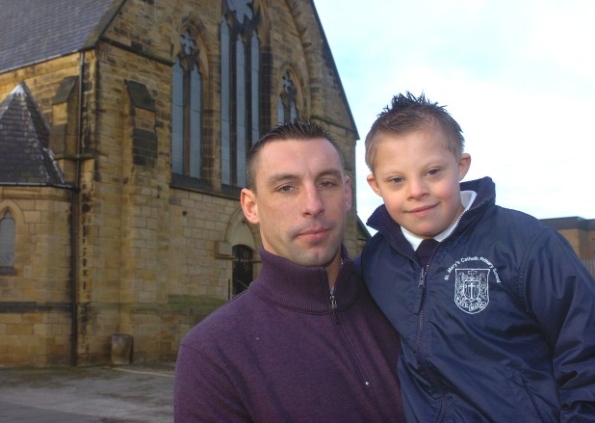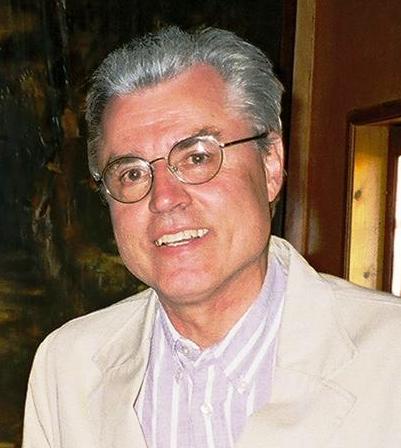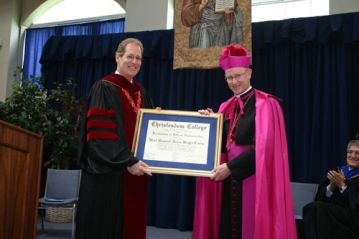A parish priest who encouraged clergymen to be “disobedient” towards the Vatican plans to go international.
 Helmut Schüller of the Preachers’ Initiative said yesterday (Sun) that “2012 will be the year of internationalisation”. Schüller – who previously headed Caritas Austria – said the Austrian Roman Catholic Church should “finally take members seriously”.
Helmut Schüller of the Preachers’ Initiative said yesterday (Sun) that “2012 will be the year of internationalisation”. Schüller – who previously headed Caritas Austria – said the Austrian Roman Catholic Church should “finally take members seriously”.
Schüller criticised the Vatican due to its conservative approach towards key topics of the 21st century and said the institution resembled an “absolutist monarchy”. The head of the parish of Probstdorf in the province of Lower Austria stressed that his initiative “receives a lot of approval from Catholic reform movements all over the world.”
Schüller claimed some weeks ago that the Preachers’ Initiative currently consisted of 370 members. He said yesterday there were no plans for further talks with the highest representative of the Roman Catholic Church of Austria, Viennese Archbishop Christoph Cardinal Schönborn. The archbishop condemned the word disobedience as a “term of fight” last month. Schönborn said it was “burdened with a negative connotation”.
Schönborn said it was not true that he opposed all kinds of reforms of the Church. He admitted that there was the need to rethink certain decisions and opinions but also made clear that he was against the crucial points of Schüller’s agenda.
The Preachers’ Initiative, which was established more than half a year ago, calls on the Vatican to allow priests to give Holy Communion to people who married a second time at registry offices after getting divorced following church weddings. The group also says women should be allowed to become Catholic priests.
Austria is one of the Roman Catholic Church’s most significant strongholds in Europe. Around 5.4 million Austrians are members of the Church. The number of people leaving the Church declined by 32 per cent from 2010 to 2011. More than 58,600 people quit their membership last year. Around 65 per cent of adult residents of the country are part of its Catholic Church – down sharply from 1981 when the same applied to 84 per cent.
The budget of Austria’s Catholic Church was strained in 2011 due to declining membership numbers meaning receding financial support but also compensatory payments to victims of sexual and physical abuse. The Church paid 6.4 million Euros altogether to 456 people who came forward to inform special commissions dealing with the issue that they suffered abuse at boarding schools and other institutions run by the Church.
The Church was also in the news recently due to discussions over whether it should be allowed to charge people who left it. Maximilian Hiegelsberger of the Austrian Association of Farmers’ section in Upper Austria said the Church could tax everyone regardless of whether they were members or not. Hiegelsberger argued that every resident of the country benefited by the Church’s activities in some way. He also made aware of abbeys’ positive effects on the domestic tourism industry.
The Social Democrats (SPÖ) rejected his appeal while St. Pölten Diocese Bishop Klaus Küng said it was an idea worth discussing in his opinion. Hiegelsberger is a member of the conservative People’s Party (ÖVP) which has formed a federal government coalition with the SPÖ since 2007. The SPÖ emphasised it would not support his initiative. The party branded Hiegelsberger’s suggested post-Church membership fee as a “forced charge”.
The Austrian Catholic Church generated 394 million Euros with the so-called Church tax in 2010. The sum Church members have to transfer depends on their salaries. Unemployed people and everyone with a comparably small income do not have to pay anything.
Complete Article HERE!




